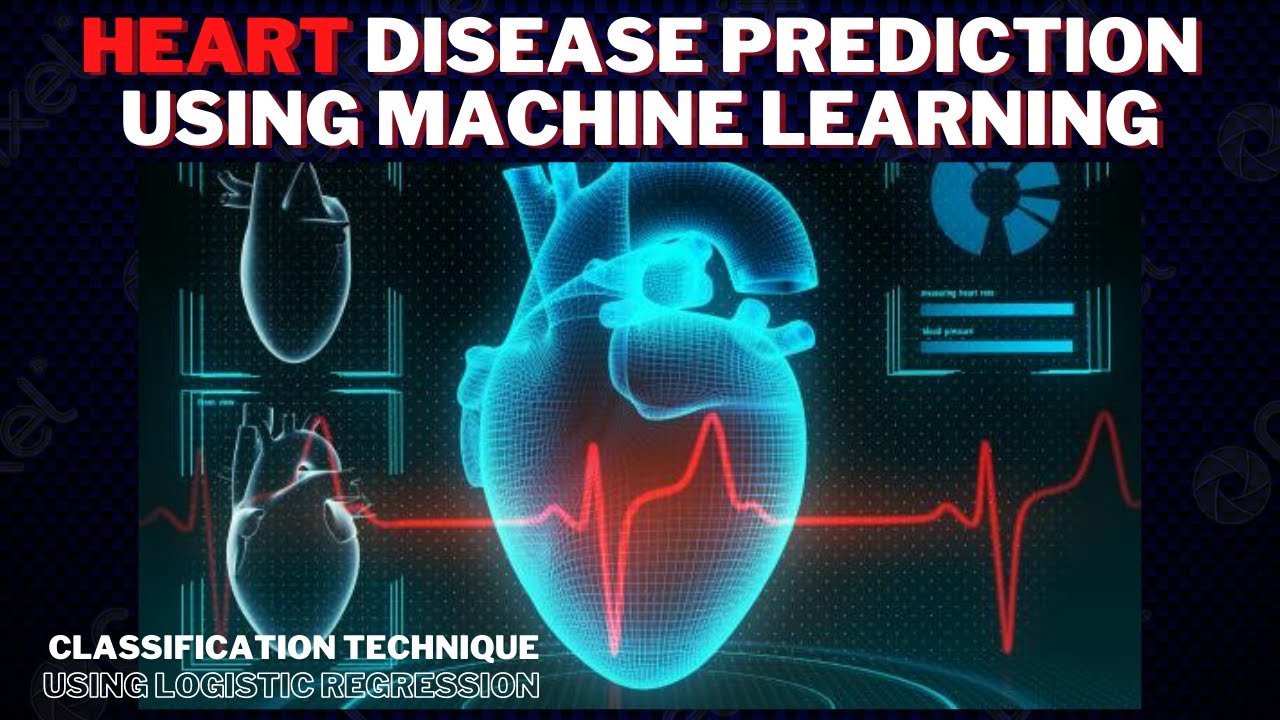⚡ Quick Summary
The NHS in England is set to initiate trials for an innovative AI tool designed to evaluate patients’ risks of developing heart disease and the likelihood of early mortality through electrocardiogram (ECG) analysis.
💡 Key Features and Benefits
- 🔍 Advanced Risk Prediction: The AI tool, named AI-ECG risk estimation (AIRE), utilizes extensive datasets to predict the progression of heart disease and potential early death.
- 📊 Data-Driven Insights: Trained on a dataset of 1.16 million ECG results from over 189,000 patients, AIRE can identify risks that may not be visible to healthcare professionals.
- 🧠 High Accuracy: Research published in Lancet Digital Health indicates that AIRE accurately predicts the risk of death within ten years in 78% of cases.
👩⚕️ Initial Implementation and Rollout
- The first trials will commence in 2025 at Imperial College Healthcare NHS Trust and Chelsea and Westminster Hospitals NHS Foundation Trust.
- Dr. Fu Siong Ng, a leading researcher, emphasizes the potential for AIRE to enhance patient treatment and resource allocation within the NHS.
📅 Upcoming Plans
- Further studies will assess the impact of AIRE on patient outcomes and treatment strategies.
- Plans are in place to expand the use of AIRE across various NHS facilities in the coming years.
🚀 Impact on Patient Care
- The implementation of AIRE could lead to earlier interventions, improving patient longevity and quality of life.
- By identifying high-risk patients, healthcare providers can allocate resources more effectively and reduce waiting times.
🏥 Continued Innovation in Healthcare Technology
- Professor Bryan Williams from the British Heart Foundation highlights the transformative potential of AI in diagnosing heart disease.
- The research aims to integrate AI tools into routine clinical practice, enhancing decision-making and treatment efficacy.
